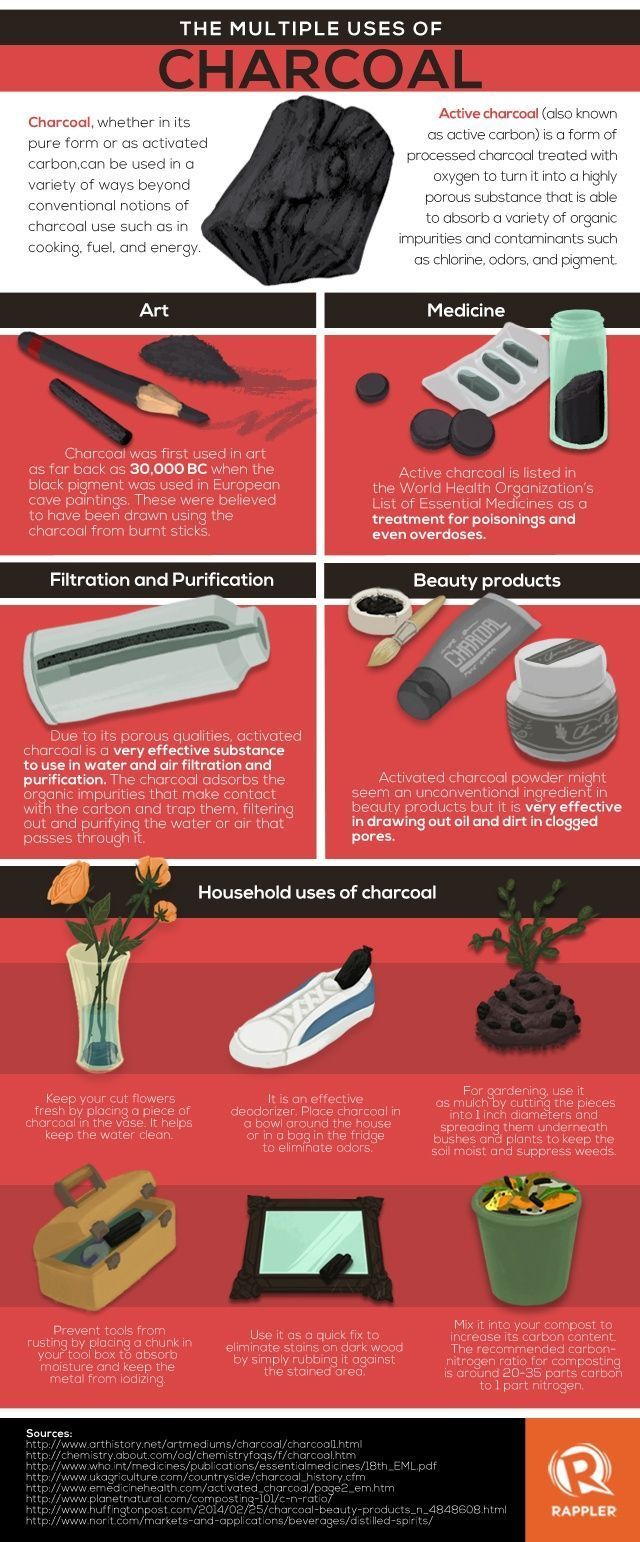The Future Of Home Home Heating - How Heatpump Modern Technology Is Developing
The Future Of Home Home Heating - How Heatpump Modern Technology Is Developing
Blog Article
read article Written By-David MacGregor
Heatpump will certainly be a crucial technology for decarbonising heating. In a circumstance regular with federal governments' introduced energy and climate dedications, their international capacity doubles by 2030, while their share in home heating rises to one-quarter.
They function best in well-insulated homes and count on electrical energy, which can be provided from a renewable power grid. Technological breakthroughs are making them extra reliable, smarter and more affordable.
https://www.cleveland.com/metro/2020/07/coronavirus-coupled-with-a-heatwave-means-air-conditioner-repair-parts-are-harder-to-come-by.html use a compressor, refrigerant, coils and fans to move the air and heat in homes and appliances. They can be powered by solar energy or electrical power from the grid. They have been acquiring appeal due to their low cost, peaceful operation and the capacity to generate electrical energy throughout peak power need.
Some business, like IdaTech and BG MicroGen, are working on fuel cells for home heating. These microgenerators can replace a gas central heating boiler and produce a few of a house's electric demands with a connection to the electricity grid for the remainder.
Yet there are reasons to be doubtful of using hydrogen for home heating, Rosenow states. It would be expensive and ineffective contrasted to various other innovations, and it would certainly contribute to carbon emissions.
Smart and Connected Technologies
Smart home technology enables home owners to attach and manage their tools from another location with making use of smartphone apps. For example, wise thermostats can discover your heating preferences and automatically adapt to maximize energy intake. Smart lighting systems can be regulated with voice commands and automatically switch off lights when you leave the room, lowering energy waste. And clever plugs can keep an eye on and manage your electrical usage, enabling you to recognize and restrict energy-hungry devices.
The tech-savvy house shown in Carina's interview is a great picture of exactly how occupants reconfigure area home heating methods in the light of new smart home innovations. They rely on the tools' computerized functions to execute everyday changes and concern them as a hassle-free methods of conducting their home heating techniques. Therefore, they see no reason to adjust their techniques even more in order to allow versatility in their home power demand, and interventions focusing on doing so might encounter resistance from these households.
Electricity
Given that heating up homes make up 13% people emissions, a switch to cleaner choices might make a large distinction. However the innovation faces difficulties: It's expensive and calls for comprehensive home renovations. And it's not always suitable with renewable resource resources, such as solar and wind.
Until lately, electrical heat pumps were as well expensive to compete with gas versions in many markets. Yet new innovations in style and products are making them extra budget-friendly. And far better cool environment efficiency is allowing them to function well also in subzero temperatures.
The next step in decarbonising heating may be making use of heat networks, which attract heat from a main resource, such as a nearby river or sea inlet, and disperse it to a network of homes or structures. That would certainly decrease carbon exhausts and enable houses to capitalize on renewable resource, such as environment-friendly electrical energy from a grid supplied by renewables. This choice would be less costly than switching over to hydrogen, a nonrenewable fuel source that requires brand-new framework and would just lower CO2 discharges by 5 percent if coupled with enhanced home insulation.
Renewable resource
As electrical power prices drop, we're beginning to see the exact same pattern in home heating that has actually driven electric automobiles into the mainstream-- however at an also much faster rate. The strong climate situation for impressive homes has actually been pressed even more by new research study.
Renewables account for a substantial share of modern-day warm usage, however have actually been offered restricted policy focus around the world compared to various other end-use fields-- and also much less attention than electricity has. Partially, this reflects a mix of consumer inertia, split rewards and, in numerous countries, aids for fossil fuels.
New modern technologies can make the change much easier. For example, heat pumps can be made more power efficient by changing old R-22 refrigerants with brand-new ones that don't have the high GWPs of their predecessors. Some professionals also envision area systems that attract heat from a nearby river or sea inlet, like a Norwegian arm. The warm water can then be made use of for heating & cooling in a neighborhood.